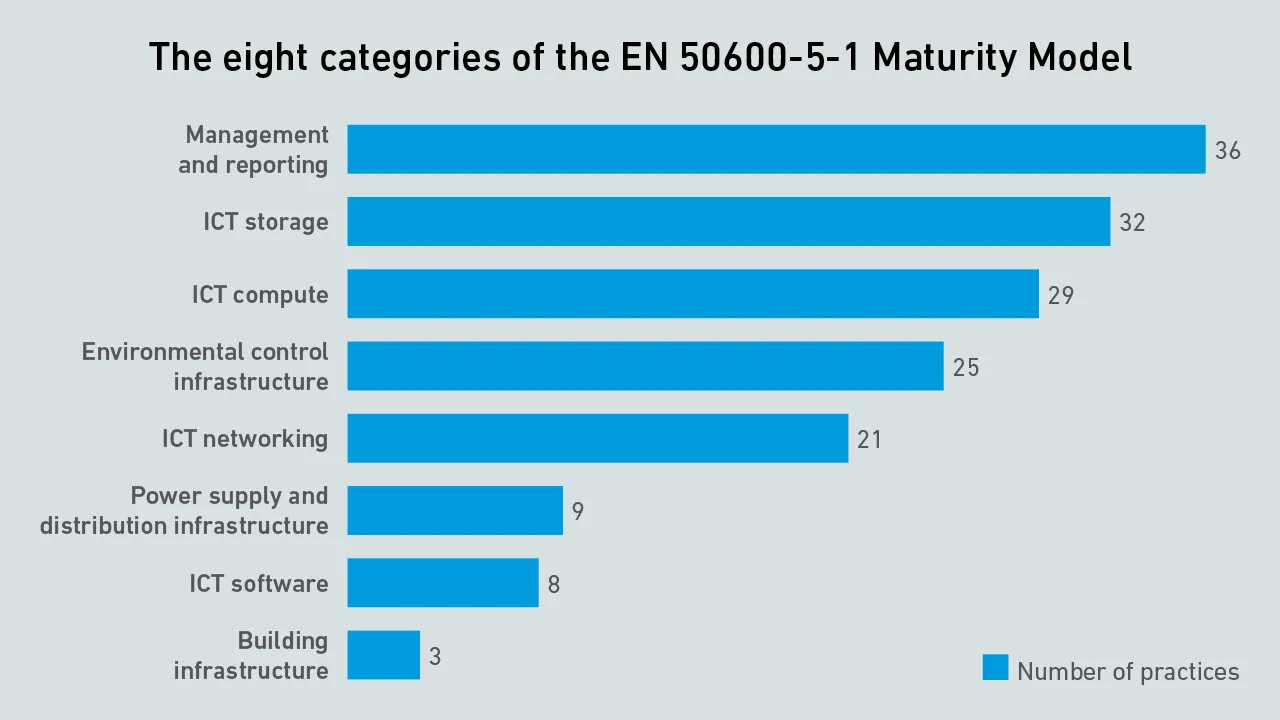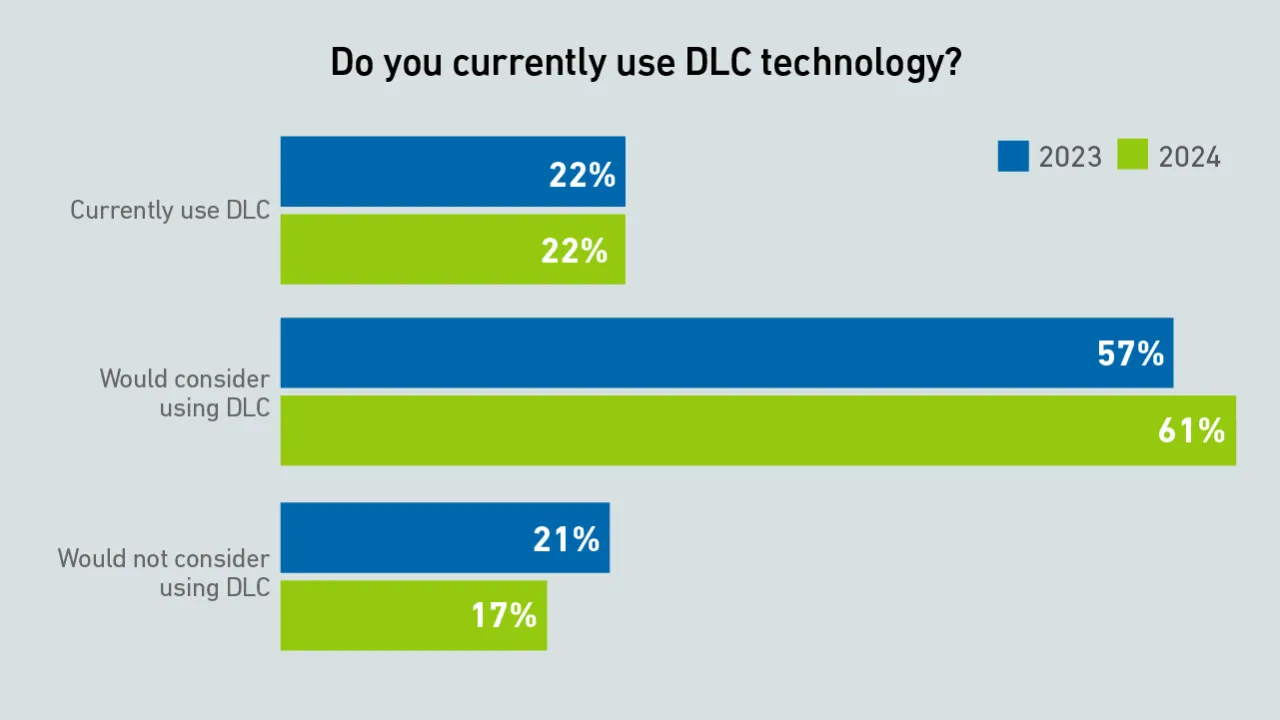Operators often resist giving third parties access to OT data to limit vulnerabilities. Nevertheless, some colocation customers require this access - as will emerging AI tools - but the OT air-gap should not be bridged lightly.
filters
Explore All Topics
Li-ion batteries have many benefits but may have been adopted without sufficient risk analysis. Following serious data center fires, operators should be aware of the risk of damage, potential regulations and the costs of safety mitigation.
The Netherlands and Germany have established data reporting requirements with early reporting dates. The European Commission is working with member states to validate their European Database on Data Centers so operators can meet the deadlines.
While EOPs are intended to help staff address events that can lead to downtime, many are difficult to follow in an emergency. Applying cognitive psychology concepts during their creation can improve comprehension and reduce human error.
Data center managers are squeezed between complexity arising from digital innovation and the need for secure and reliable service delivery. Is it possible to minimize risk while enabling business innovation?
Metered-by-outlet iPDUs present a relatively straightforward method of collecting server-level power consumption data. This information will be increasingly important to data center efficiency - making iPDUs a more popular choice.
Three recent data center outages illustrate the truth of the adage: "You can't contract out responsibility."
Alongside continued developments in liquid cooling, there are reports of air-cooled data centers that achieve standout levels of efficiency. Uptime explores the factors that combine to enable exceptional efficiency in air cooling.
Hyperscalers use DC busbars in their racks. Proven at large scale, the technology saves energy and materials, but without a market for DC servers that meets the needs of smaller operators and enterprises, no one else will use it.
While the fire risk with lithium-ion batteries is widely understood, guidance on how best to mitigate it is still evolving. Controlling a Li-ion fire is difficult because of chemistry that creates the risk of thermal runaway.
Goals for achieving net-zero emissions by 2030 are being extended, according to Uptime Institute survey data. This is likely driven by stricter reporting requirements, rising costs and limited availability of carbon-free energy.
It is becoming a near certainty that many facility operators will use direct liquid cooling within a few years. This raises a number of engineering questions, one of which is how to size coolant distribution units.
Sometime after 2026, the EU is expected to adopt an upcoming version of CENELEC's TS 50600-5-1 Maturity Model to assess data center sustainability. The current technical specification has some controversial elements.
Adoption of direct liquid cooling (DLC) continues to grow slowly, according to recent Uptime research. However, more operators are considering it for future use due to mounting thermal management and sustainability challenges.
Electric grids face serious issues largely because of national efforts to reduce carbon emissions and boost electrification. Data center growth will add to these problems - but unreliable data could lead to poor decision-making.
 Michael O'Neil
Michael O'Neil

 Peter Judge
Peter Judge
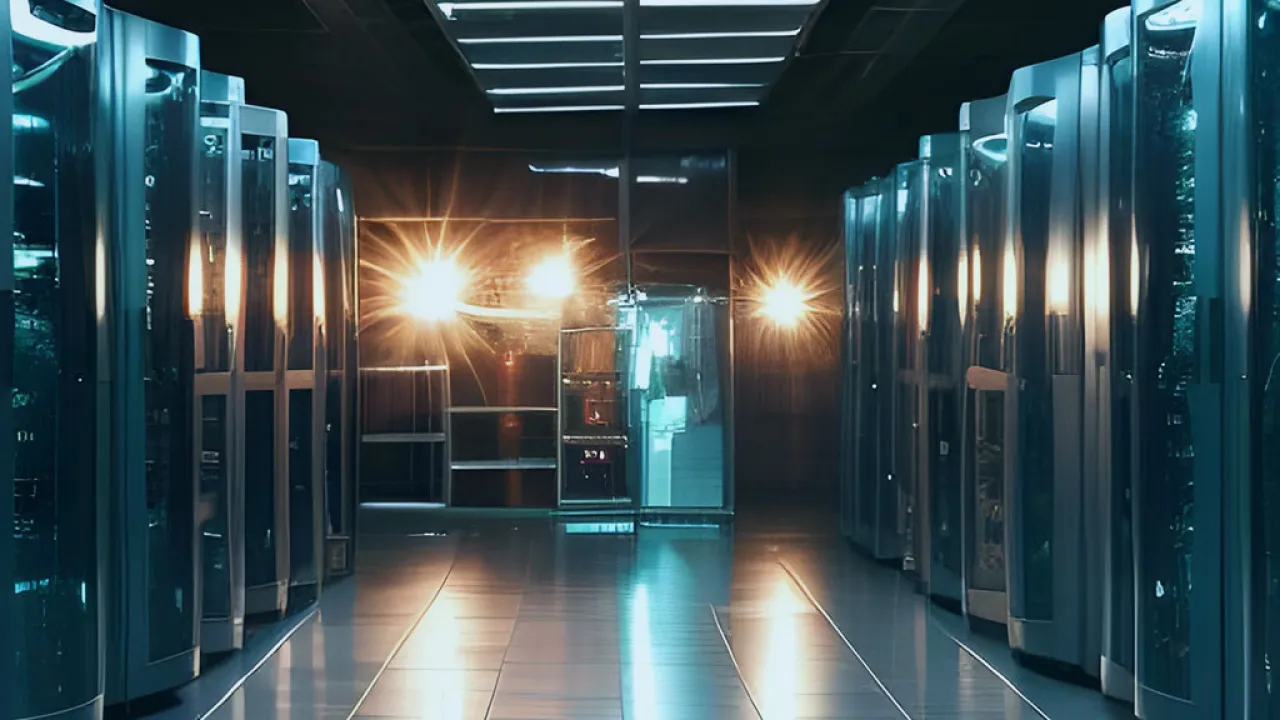
 Jay Dietrich
Jay Dietrich

 Rose Weinschenk
Rose Weinschenk
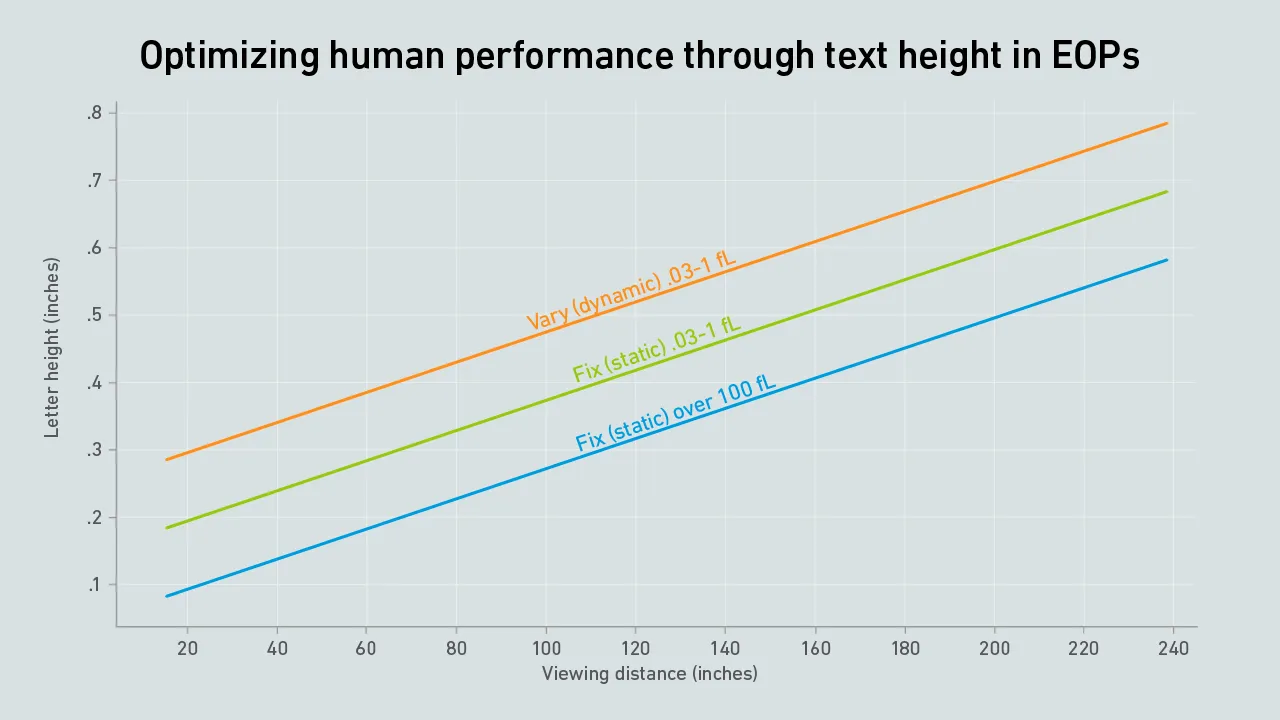

 Max Smolaks
Max Smolaks
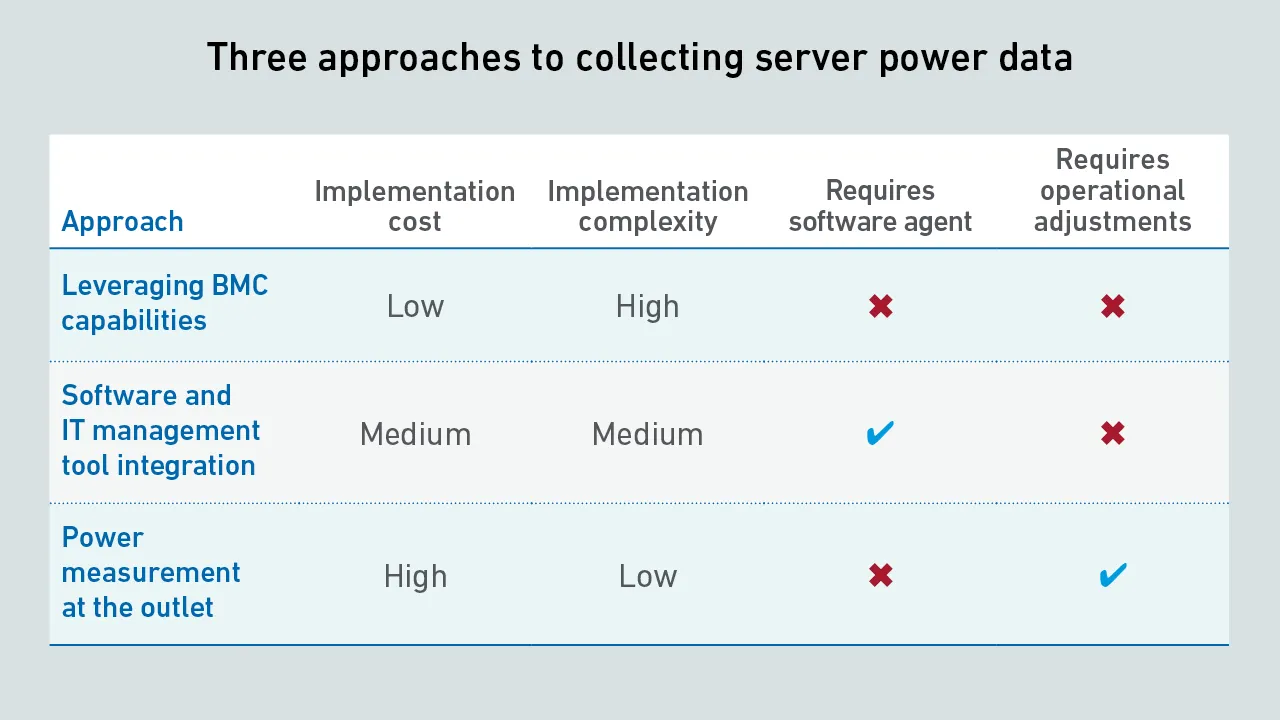
 Andy Lawrence
Andy Lawrence
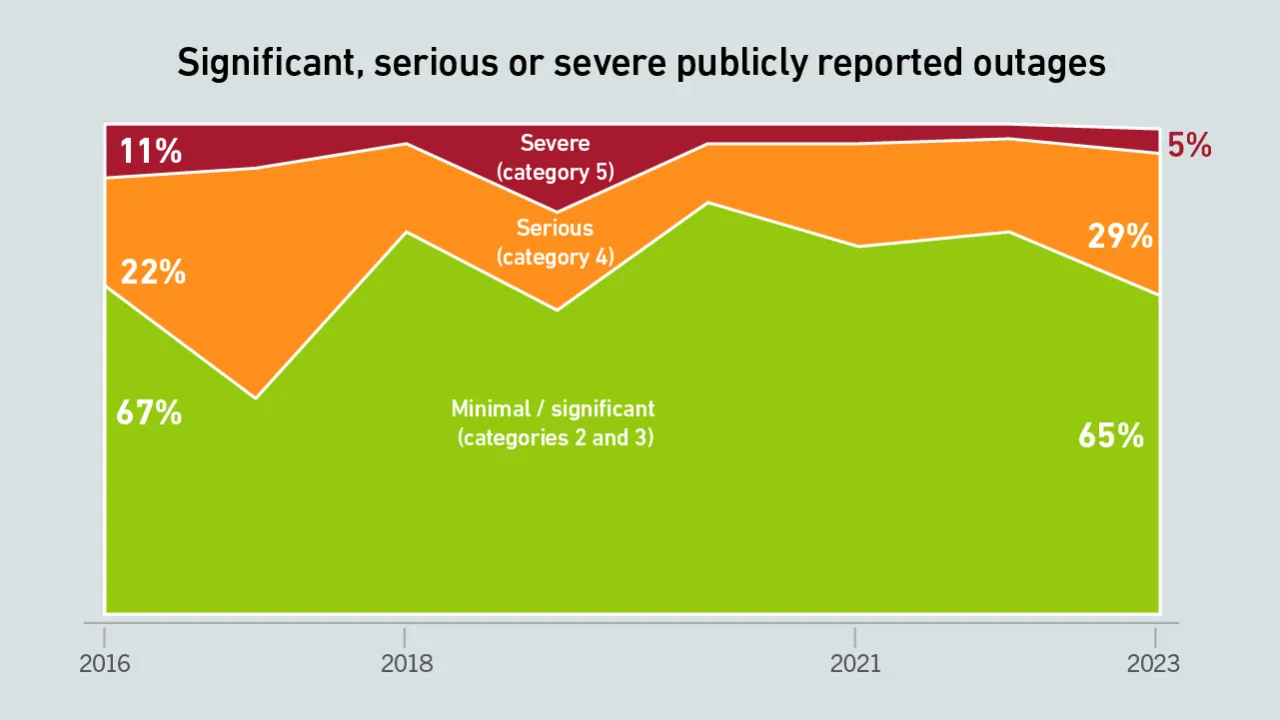
 Jabari Williams-George
Jabari Williams-George
 Jacqueline Davis
Jacqueline Davis
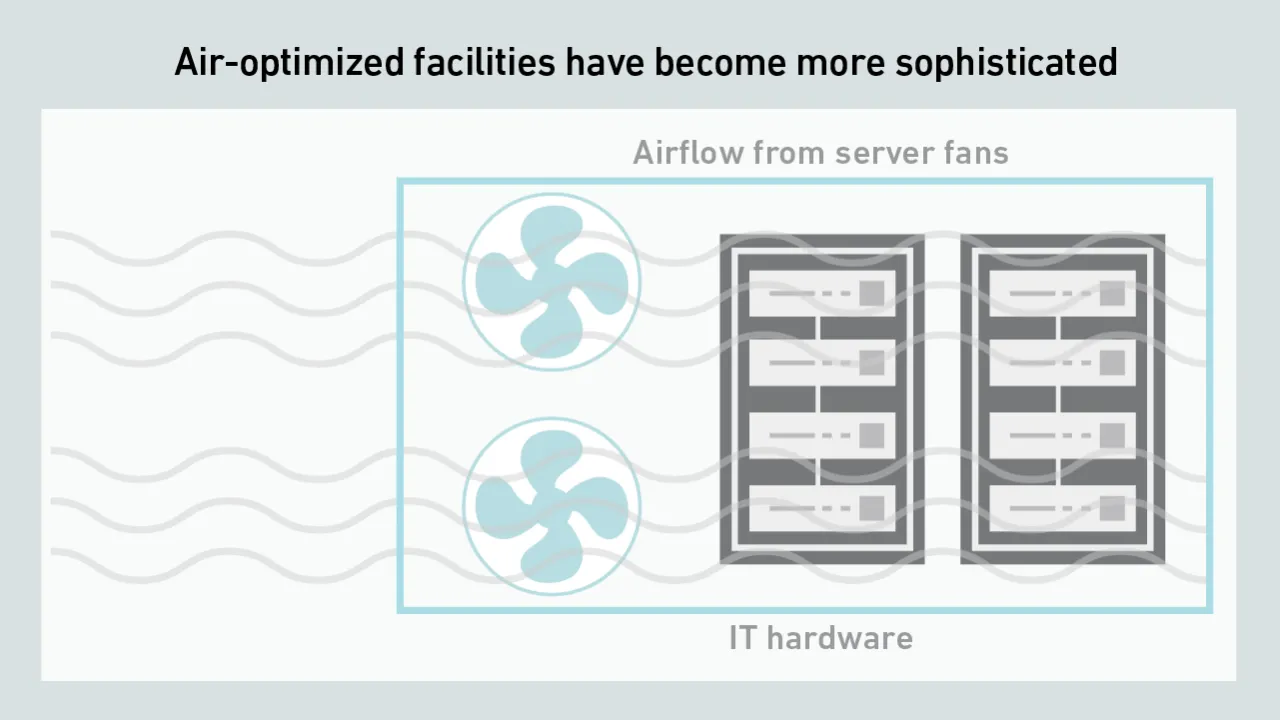

 Rosa Lawrence
Rosa Lawrence
 Daniel Bizo
Daniel Bizo
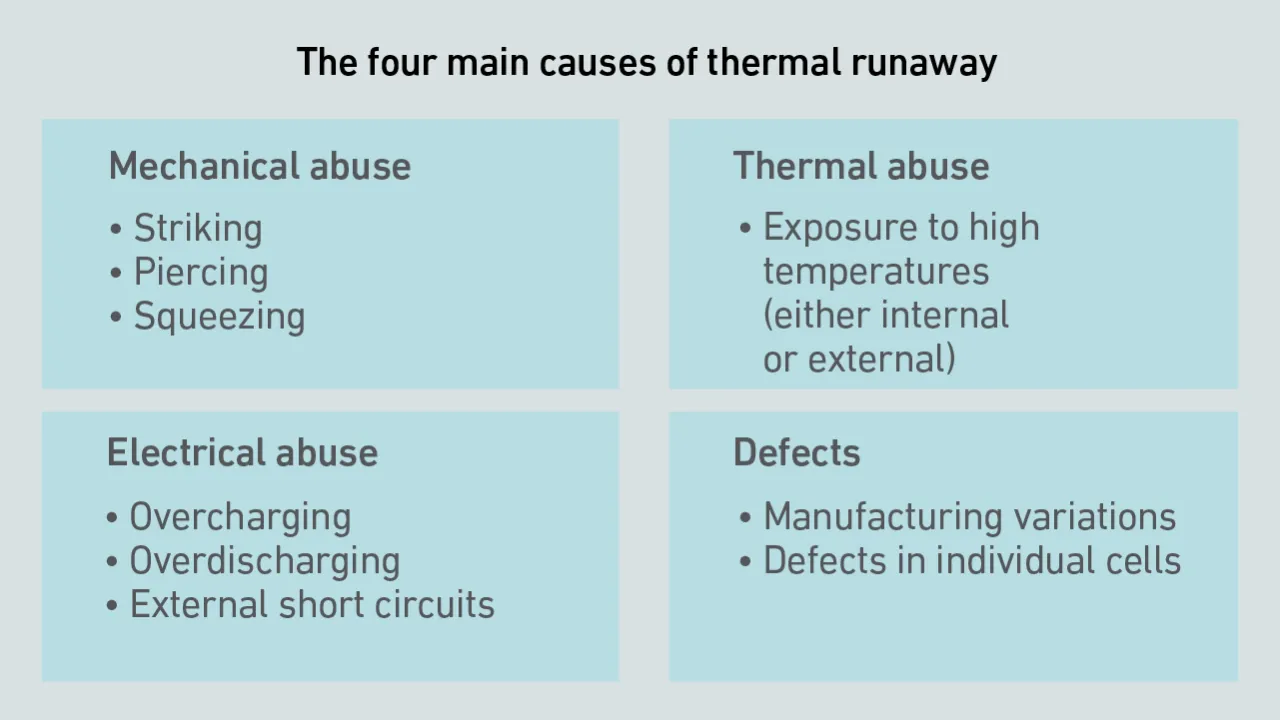
 Douglas Donnellan
Douglas Donnellan
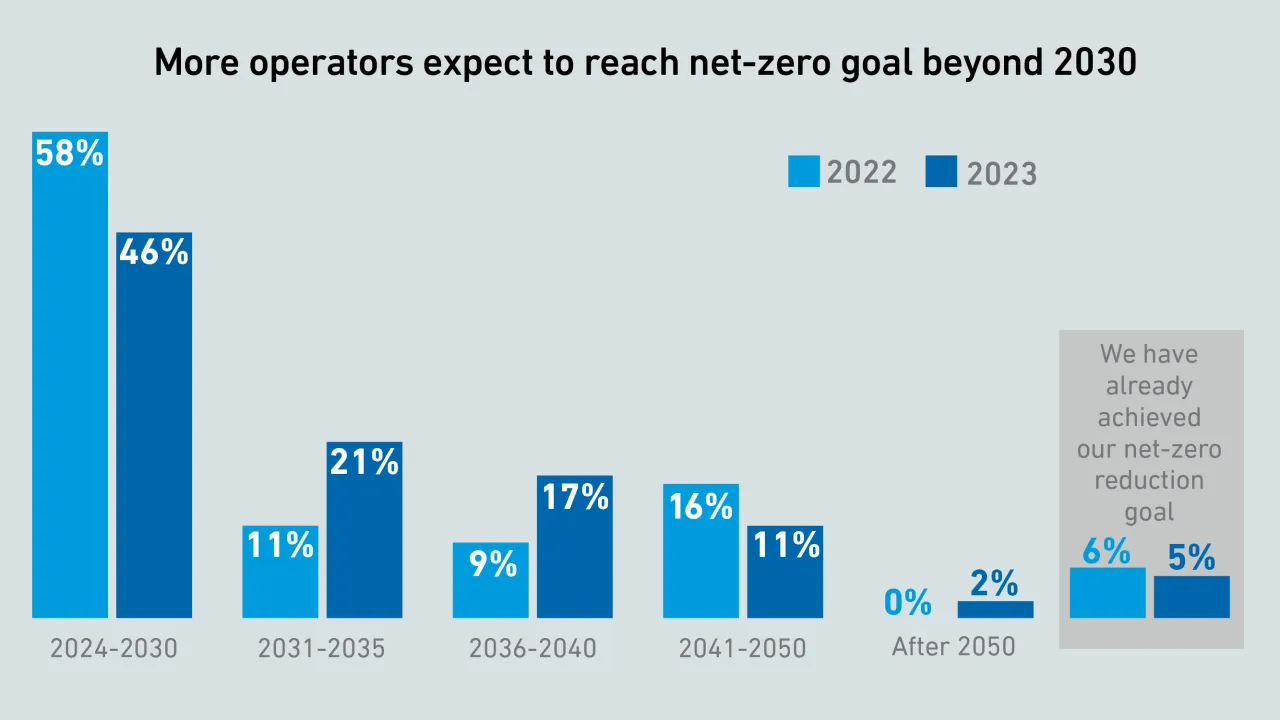
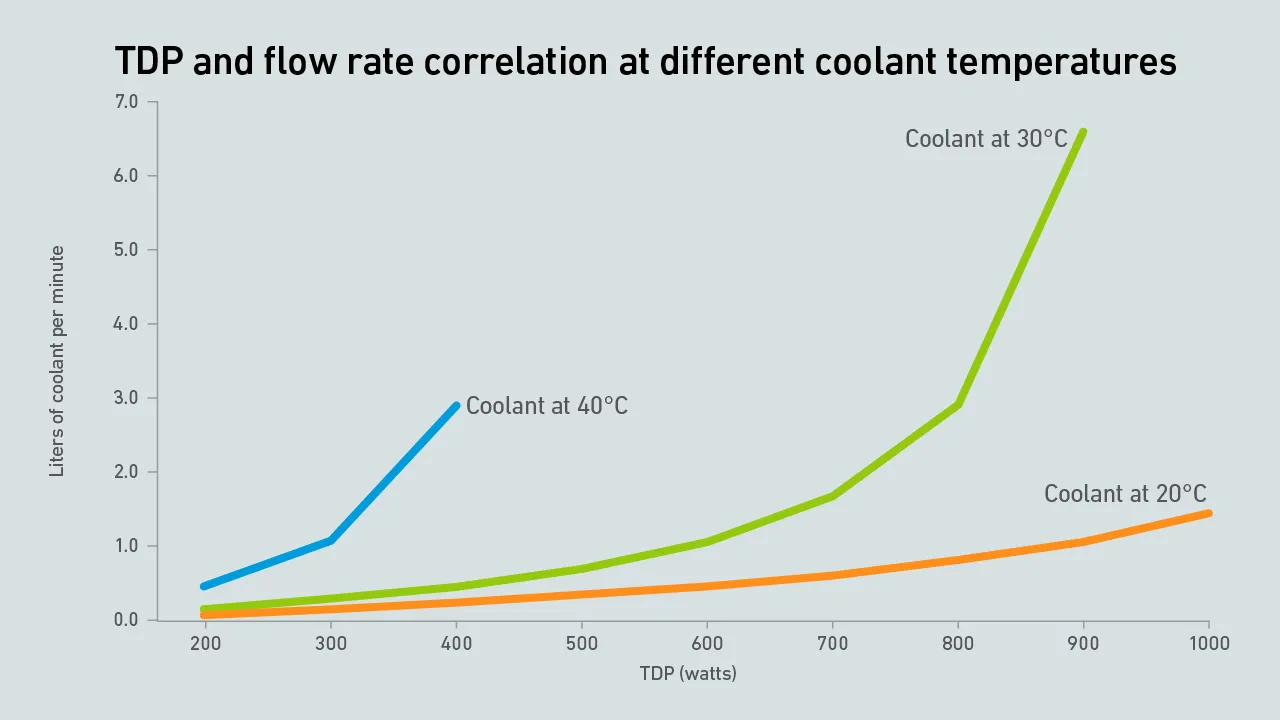
 Dr. Tomas Rahkonen
Dr. Tomas Rahkonen
